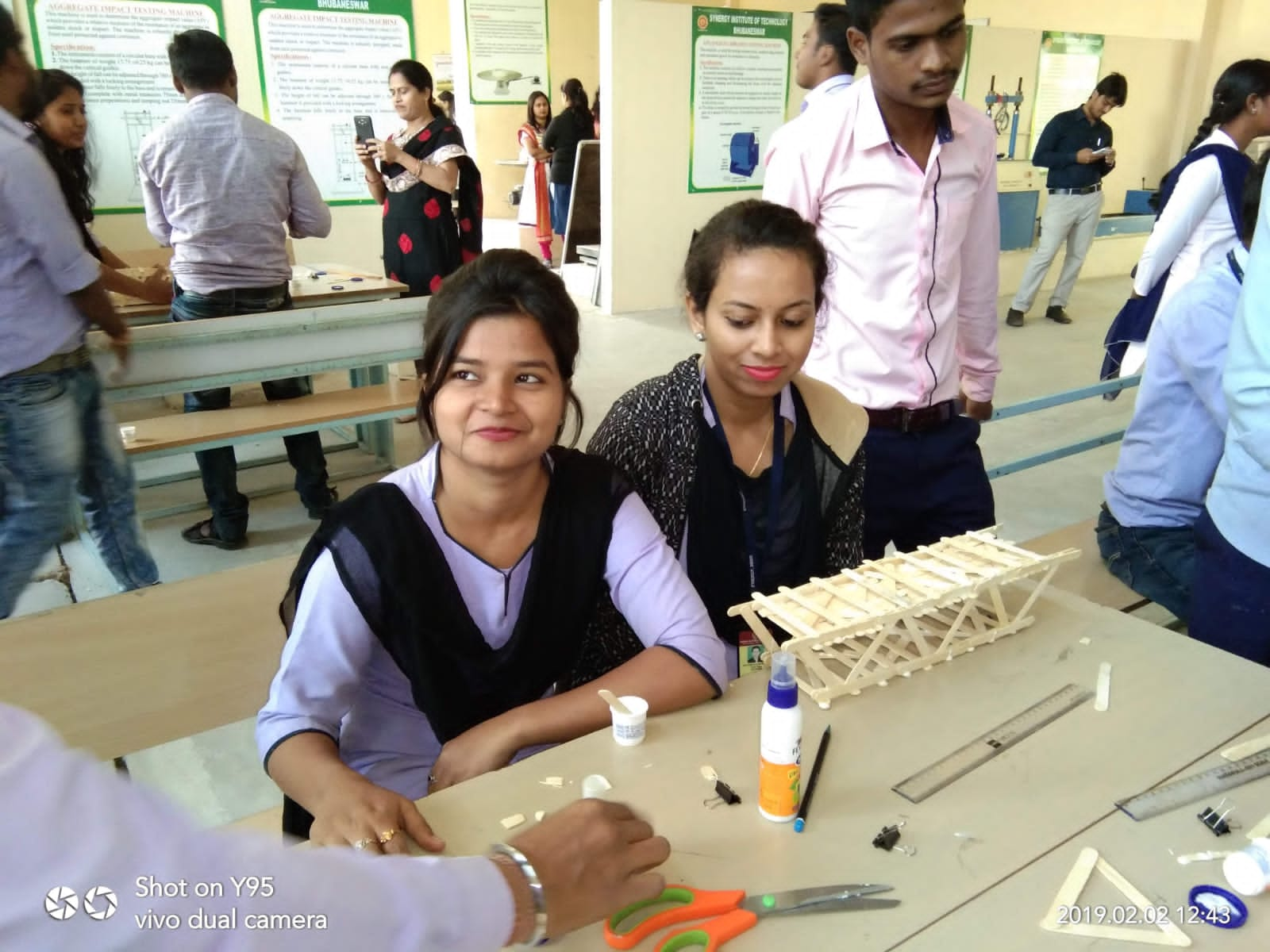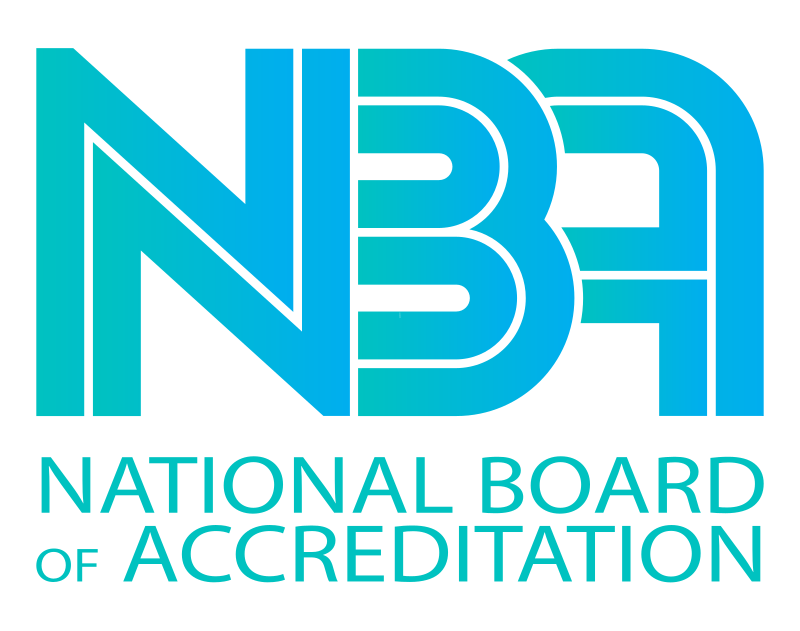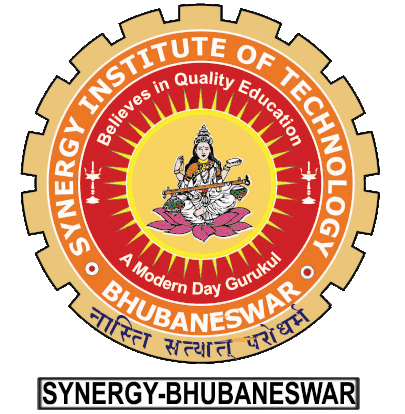
Civil Engineering
CIVIL ENGINEERING
The Vision :
To become a frontier in civil engineering with technical excellence and fulfil the needs of global challenges by the demand of society.
The Mission :
- In-depth knowledge of quality standards and technological skills.
- Professional development courses, conferences and collaboration with industries.
- Strong Project management and leadership skills to solve complex problems with good morale.
- Establishing a Centre of Excellence for Innovations and Research to serve society.
PROGRAMME EDUCATIONAL OBJECTIVES
PEO-1:Graduates will be strong enough to pursue higher studies and perform as professional engineers in different fields of civil engineering.
PEO-2:Graduates will move into teamwork and leadership positions and become competent in
acquiring new technologies to establish the goals and objectiv.
PEO-3:Graduates will contribute to the development of the profession, nation and society by
inculcating professional spirit and ethical behavior.
PROGRAMME SPECIFIC OUTCOMES
PSO-1: Graduates are capable of identifying, analyzing and applying the knowledge of modern technology, tools and software for solving civil engineering complex problems and other interdisciplinary streams.
PSO-2: Graduates are capable of working in teams for effective project management and building an attitude of facing the challenges by imparting ethics of technology for the solution of real-time problems.
Highlights of the Department
Civil engineering is a professional engineering discipline that deals with the design, construction, and maintenance of the physical and naturally built environment, including works like bridges, roads, canals, dams, and buildings.
Civil engineering takes place on all levels: in the public sector from municipal through to federal levels, and in the private sector from individual homeowners through to international companies. There is no one typical career path for civil engineers. Most people who do diploma with civil engineering start with jobs that require a low level of responsibility, and as the new engineers prove their competence, they are trusted with tasks that have larger consequences and require a higher level of responsibility.

Outcome Based Education (OBE)
Programme Outcomes
| POs | Highlight | Explanation |
|---|---|---|
| PO1 | Engineering knowledge: | Apply the knowledge of mathematics, science, engineering fundamentals, and an engineering specialization to the solution of complex engineering problems. |
| PO2 | Problem analysis: | Identify, formulate, review research literature, and analyze complex engineering problems reaching substantiated conclusions using first principles of mathematics, natural sciences, and engineering sciences. |
| PO3 | Design/development of solutions: | Design solutions for complex engineering problems and design system components or processes that meet the specified needs with appropriate consideration for the public health and safety, and the cultural, societal, and environmental considerations. |
| PO4 | Conduct investigations of complex problems: | Use research-based knowledge and research methods including design of experiments, analysis and interpretation of data, and synthesis of the information to provide valid conclusions. |
| PO5 | Modern tool usage: | Create, select, and apply appropriate techniques, resources, and modern engineering and IT tools including prediction and modeling to complex engineering activities with an understanding of the limitations. |
| PO6 | The engineer and society: | Apply reasoning informed by the contextual knowledge to assess societal, health, safety, legal and cultural issues and the consequent responsibilities relevant to the professional engineering practice. |
| PO7 | Environment and sustainability: | Understand the impact of the professional engineering solutions in societal and environmental contexts, and demonstrate the knowledge of, and need for sustainable development. |
| PO8 | Ethics: | Apply ethical principles and commit to professional ethics and responsibilities and norms of the engineering practice. |
| PO9 | Individual and team work: | Function effectively as an individual, and as a member or leader in diverse teams, and in multidisciplinary settings. |
| PO10 | Communication: | Communicate effectively on complex engineering activities with the engineering community and with society at large, such as, being able to comprehend and write effective reports and design documentation, make effective presentations, and give and receive clear instructions. |
| PO11 | Project management and finance: | Demonstrate knowledge and understanding of the engineering and management principles and apply these to one’s own work, as a member and leader in a team, to manage projects and in multidisciplinary environments. |
| PO12 | Life-long learning: | Recognize the need for, and have the preparation and ability to engage in independent and life-long learning in the broadest context of technological change. |
Scope And Objective
Within each branch of civil engineering career path options vary. In some fields and firms, entry-level engineers are put to work primarily monitoring construction in the field, serving as the "eyes and ears" of senior design engineers; while in other areas, entry-level engineers perform the more routine tasks of analysis or design and interpretation. Experienced engineers generally do more complex analysis or design work, or management of more complex design projects, or management of other engineers.
Career Opportunities
General engineers spend much of their time visiting project sites, developing community consensus, and preparing construction plans. General civil engineering is also referred to as site engineering, a branch of civil engineering that primarily focuses on converting a tract of land from one usage to another. Civil engineers typically apply the principles of geotechnical engineering, structural engineering, environmental engineering, transportation engineering and construction engineering to residential, commercial, and industrial and public works projects of all sizes and levels of construction.
Department has developed 6 (Six) state-of-the-art laboratories such as :
- WATER SUPPLY AND SANITARY ENGINEERING LAB
- GEOTECHNICAL LAB
- TRANSPORTATION ENGINEERING LAB
- CONCRETE STURUTRE LAB
- MATERIAL TESTING LAB
- SURVEYING PRACTICE LAB

Department Advisory Board (2024-25)
- It consists of program coordinator, senior faculty members, and representatives of key stakeholders.
- Headed by Programme Coordinator, receives the report of the Program Assessment Committee and reviews the progress of the program.
- It analyses current and future issues related to the program.
- Prepares and recommends new or revised program objectives.
- Program Assessment Committee congregates once a year to review the program objectives.



